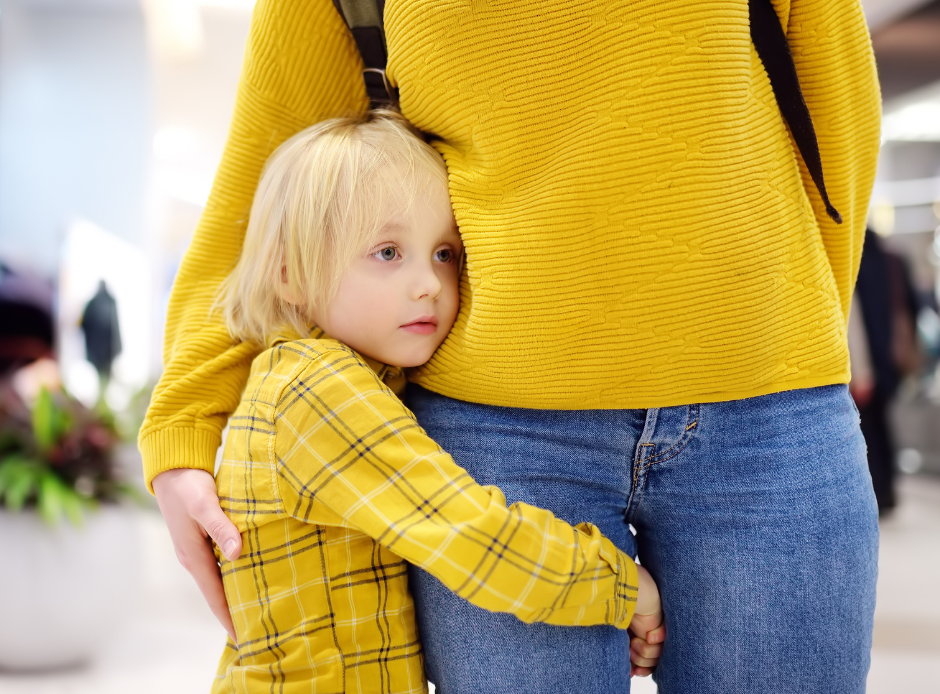
A common worry for children is the fear of their parents’ death. While it’s normal for kids to have some anxiety about this, it’s important to help them understand and cope with these feelings in a healthy way. Here are a few tips on how to ease worries about death.
Most kids will experience fearful thoughts about death. They may have a fear of dying themselves, or they may worry that their parents will die. They may even fear the family pet dying.
Fear of Death Death Can be Confronting for Parents
When children express a fear of death, this raises troubling questions for parents. Generally, most people tend to avoid thinking about their own death or those close to them and, thus, live in a state of denial about these facts. However, death is a natural course of life, and at some point, it will happen to someone close to us. If you have never talked about death with your child until they are faced with it, your child will likely experiences greater feelings of anxiety about it.
In the normal course of development, children tend to become aware of death at the age of three or four, when they may become acutely aware that their parents may not live forever.
These fears can be less prominent in the middle years but can peak again at the onset of adolescence when children can think more abstractly and ask probing questions about the nature of life and death.
Particular events such as funerals or even coverage of death in the media can trigger a child to start worrying and questioning. For some children, these worries can become overwhelming.
It can be tough to deal with our children’s fear of death because the topic can invoke our own fears about dying as parents and about the impact of this on our children. As a result, it’s easy to avoid talking about the subject or, indeed, over-reassure children that things will be okay.
What to Do When Your Child Worries About Death?
Listen. Understand your child’s fear. Listen to their fear without minimising it. While you know some of the fears may be unfounded (aliens won’t kidnap you in the middle of the night and kill you while you sleep), for your child’s developing brain, this feels very possible. Children need to be heard and understood before they can process their thoughts and feeling.
Explain biology. If this is your first conversation about death with your child, start by explaining the life cycle of all living things. Most kids by the age of 3 have seen a dead bug or animal. Make that your starting point.
Answer your child’s question with honesty. If your child asks if you will die, it might feel tempting to deny it. While it may lower their anxiety for the time being, it can cause more significant issues later in the unfortunate case of a parent dying early. Instead of denying, try saying: “It can be sad and scary to think mum or dad will die, but we are here now, and we hope to be around for a long time to come.”
Check your fears. While it is essential to talk about death as a part of the life cycle, parents can feel uncomfortable about it because it may bring up their own anxiety. Kids often know when we are feeling anxious and will feel anxious too. Manage your anxiety about the topic before discussing it with your child.
Teach your child mindfulness. Mindfulness activities can help your child cope with anxiety and negative thoughts. If your child worries about death, after answering their questions, try a calming mindfulness activity.
You can use the Superpower Kids Worry Bubbles printable to help your child cope with negative thoughts.
Related articles
“I Wish I Were Dead” – How to Respond




